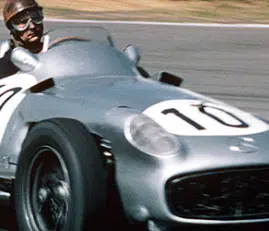After the severe ruffling that the Ligier team gave everyone in South America there was a lot of activity and most teams were out at Kyalami long before official practice began. Ferrari sent out two brand new cars, designated T4, which were a complete redesign around the proven flat 12-cylinder engine and the transverse gearbox/final drive unit, in an attempt to make better use of airflow. It did not take Scheckter and Villeneuve long to appreciate the new cars and the muletta T3 was soon discarded as being obsolete, yet only 12 months ago it was the latest thing from Maranello. Although everyone was twittering about “wing cars” and “ground effects” during the testing sessions, anyone who was paying attention to what was actually happening would have realised that brake-horse-power was the real name of the game, and in particular the ability not to lose what you had got. Kyalami lies 5,500 feet above sea-level and has a very long flat-out section. While everyone was fluttering about on aerodynamics Renault arrived with their 1978 cars, which are about as aerodynamic as a house-brick, and not much bigger than a Formula Two car, and blew everyone into obscurity by means of sheer b.h.p. The Ligier team did not arrive for any testing, preferring to experiment at Paul Ricard, in comparative peace and quiet.
Over the past ten years the South African GP has changed its character from one of a social gathering and a holiday to a high-pressure business activity for making the maximum amount of money in the minimum amount of time, just like any other Formula One Event. The race is always held on a Saturday and in the past practice was held on Wednesday and Thursday, with Friday kept clear for preparing the cars, the track and the organisation. Few people complained about the arrangement and for most if was very popular, but this year Ecclestone and his lot put a stop to it all by announcing that official practice would be on Thursday and Friday, with no break before the race.
Jean-Pierre Jabouille took Renault’s first pole





